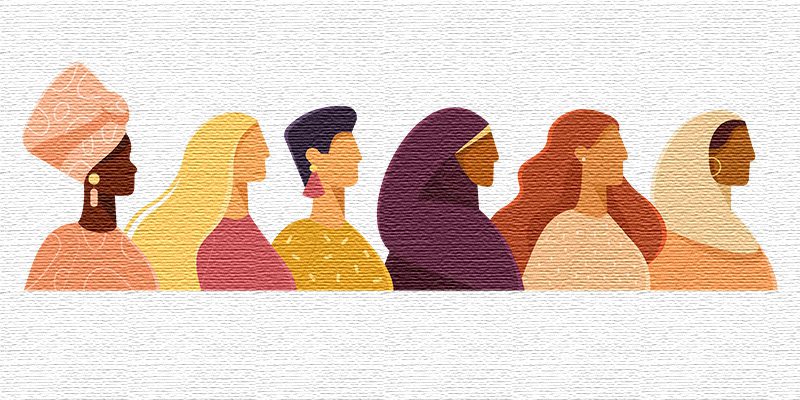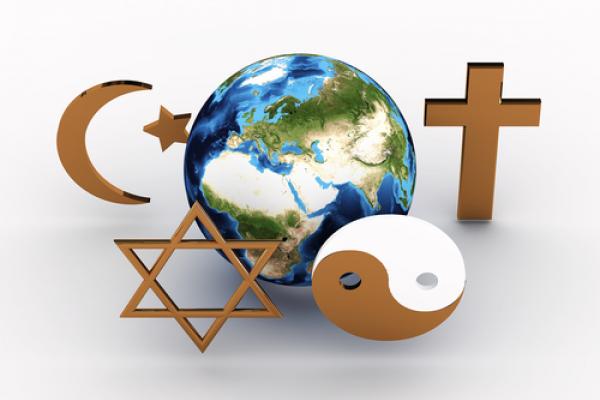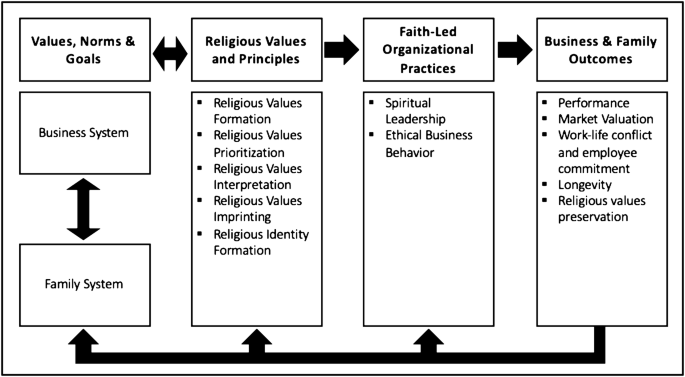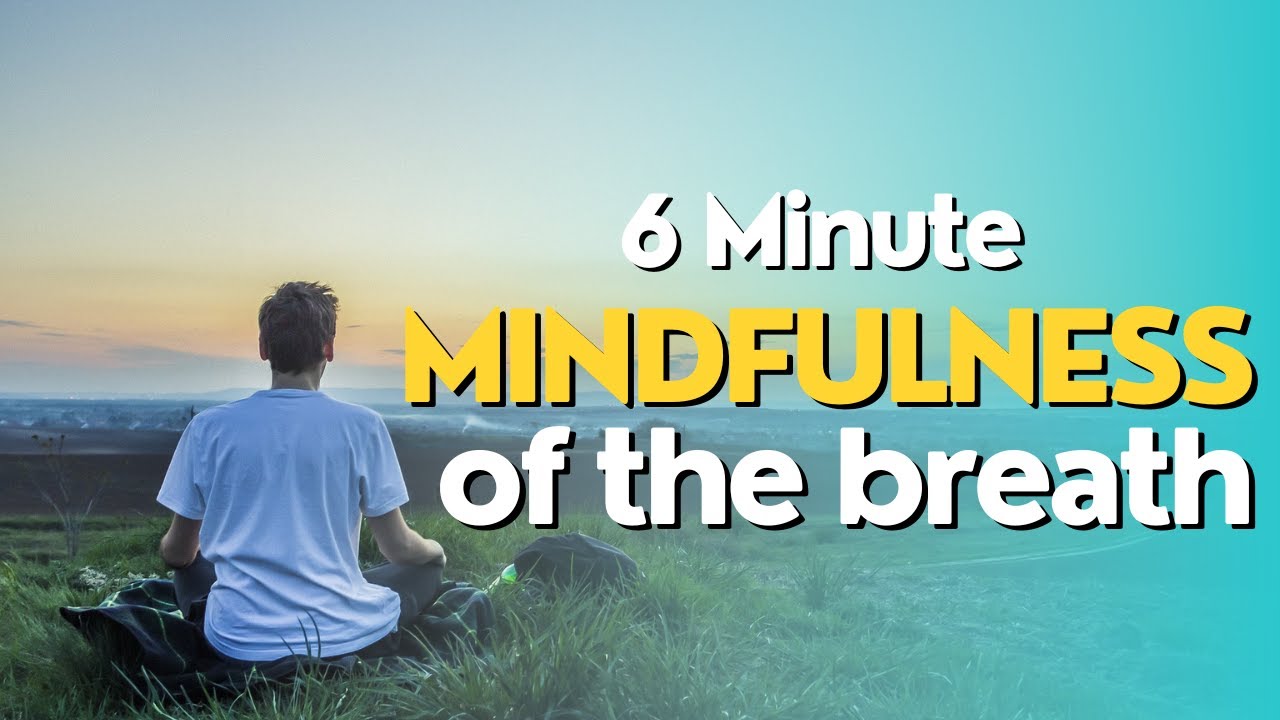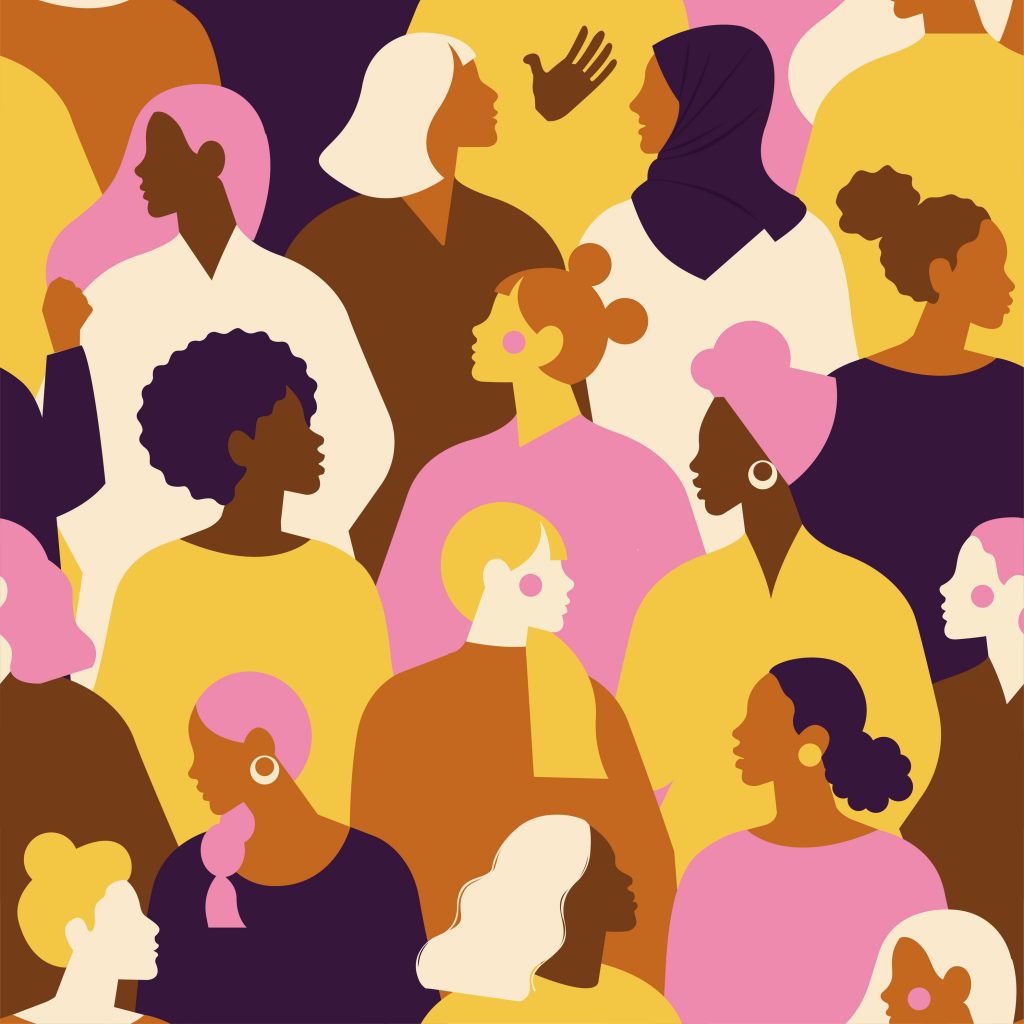As one of the world’s major religions, Islam is practiced by millions of people globally. However, despite its widespread prevalence, there are still several misconceptions and misunderstandings surrounding the faith. This is often perpetuated by the media, lack of education and negative propaganda. Here are some of the most common misconceptions about Islam and the facts that prove otherwise.
1. Islam promotes violence
One of the most significant misconceptions about Islam is that it promotes violence. This is often tied to the actions of extremist groups who claim to adhere to Islam. However, such actions are not a representation of the religion’s core teachings. In fact, Islam promotes peace and harmony. The Qur’an emphasizes forgiveness and mercy, and Islamic scholars advocate unity and the peaceful coexistence of different cultures and religions.
2. Women have no rights in Islam
Another misconception about Islam is that women have no rights and are oppressed. However, this is far from the truth. Islam recognizes and promotes women’s rights and equality. Islamic law grants women the right to education, work, and free expression. In particular, the Qur’an stresses that men and women are equal in the eyes of Allah.
3. Muslims worship a different God
Sometimes, non-Muslims may think that Muslims worship a different God than the one worshipped by Christians and Jews. This is not true. In Arabic, the word for God is “Allah.” Muslims believe in the same deity referred to as God in the Bible and Torah. And like Judaism and Christianity, Islam is built on the core belief in one eternal God.
4. All Islamic countries are the same
Islam is the predominant religion in several countries worldwide. However, this does not mean that all Islamic countries are the same. They have different governments, cultures, and practices. Islamic nations have unique cultures and laws respective to their regions, such as Indonesia, Saudi Arabia, Egypt, and Iran.
In conclusion, Islam is a religion that promotes peace, equality, and social justice. While there may be various factions that preach ideals counter to the central tenants of the faith, such groups by no means represent the entirety of the religion. It is important to address misunderstandings and misconceptions surrounding Islam to promote understanding and tolerance towards diverse cultures and faiths.







